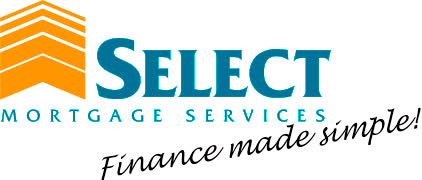A Brief Guide to Small Business Loans
Small business loans can be great when you’re getting a new brand up and running or needing to cover unexpected costs. However, its useful to understand your options and their differences before committing to one type of loan.
We’ve collated a brief list of the most commonly used business loans on the market.
• A line of credit/overdraft
This loan involves overdrawing on your business’s account up to an amount approved by your bank. This type of loan is mainly used for short-term capital/a source of cash flow to keep operations running smoothly.
A line of credit loan is flexible – you can use the funds as needed and repay it at your own pace. It also allows you to establish a good credit history for future borrowing and may be a simpler application process than other loan types. However, the bigger the overdraft, the bigger the fees. This kind of loan may also incur charges even if you aren’t actively using it.
• Bank term loan (unsecured & secured)
This medium to long-term loan option is commonly used for purchasing equipment or vehicles or covering start-up costs. It entails borrowing money from a lender and making regular repayments over an assigned period. With this loan, you’re able to choose between fixed, variable, split-rate or interest only options.
This type of loan is great if you want to borrow a larger sum of money over a longer term with lower interest rates. You may be able to match the loan term with the lifespan of the underlying asset. However, you may be subject to borrowing minimums, set-up and service fees. Variable rates are also subject to fluctuation, resulting in potentially higher repayments.
• Mortgage loan
A mortgage loan can be used to cover most of the upfront costs of purchasing a property for your business. The property is then used as collateral by your lender until you’re able to repay the loan amount and the incurred interest.
Again, you can choose between fixed, variable, split rate or interest only loan options with the potential for features including redraw facilities and non-penalty early repayment options. This kind of loan may be easier to obtain than a bank term loan. However, it may be subject to borrowing minimums, set-up and service fees and fluctuating variable rates.
• Lease financing
This type of loan is used primarily for equipment and vehicle purchases. Lease financing means the lender owns the asset and charges the business a hire fee. At the end of the lease agreement, the business may be able to refinance or purchase the asset.
This loan allows you to maximise the use of your working capital and may entitle you to certain tax deductions. This loan may be more expensive than other types over the long run and could be subject to costly early termination fees.
Are you looking for the right business loan to suit your finances? Make sure you speak to a broker before making any decisions to ensure your business gets the right level of financial support.
At Select, we make finance simple. Give us a call on (08) 9417 3399 today.
